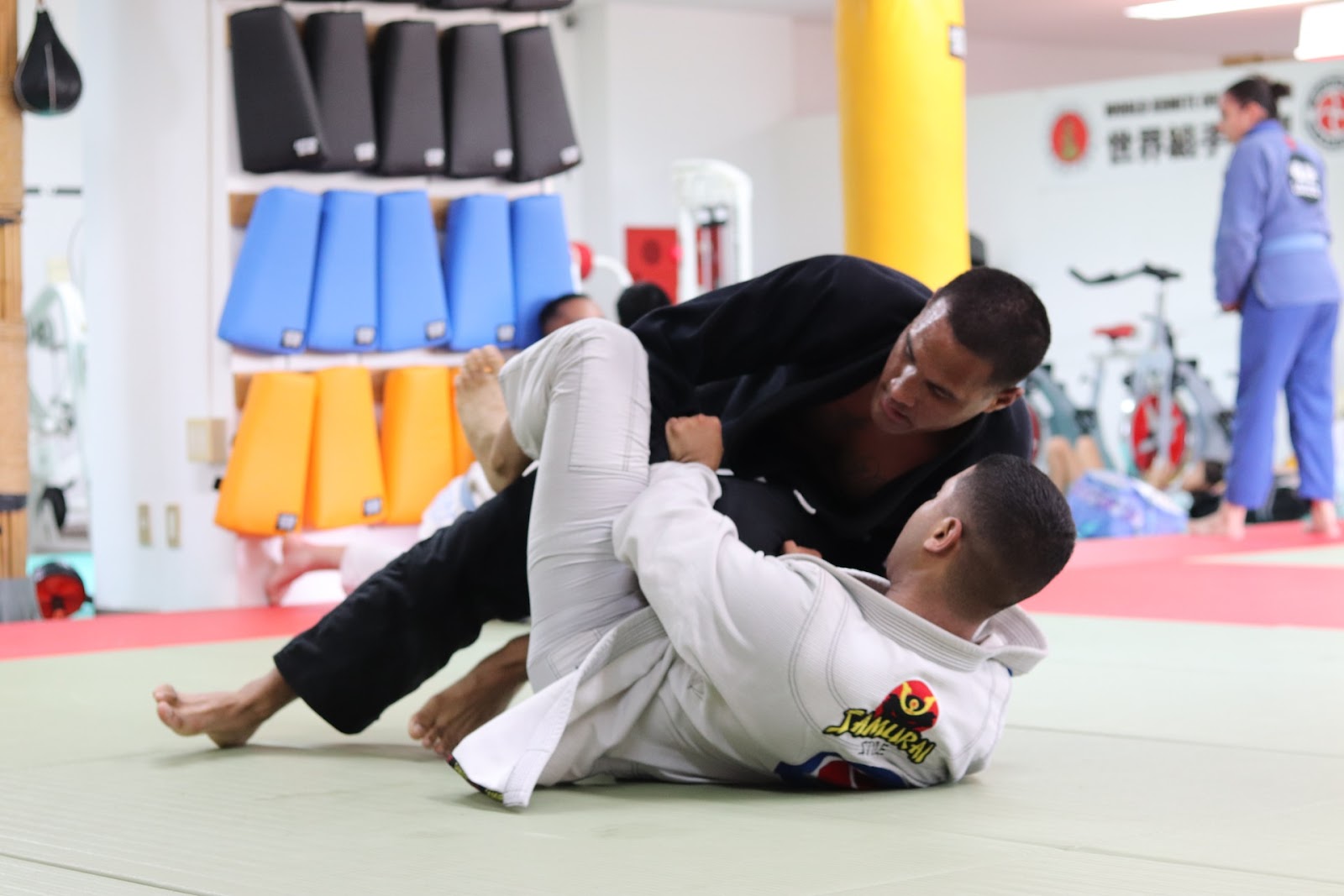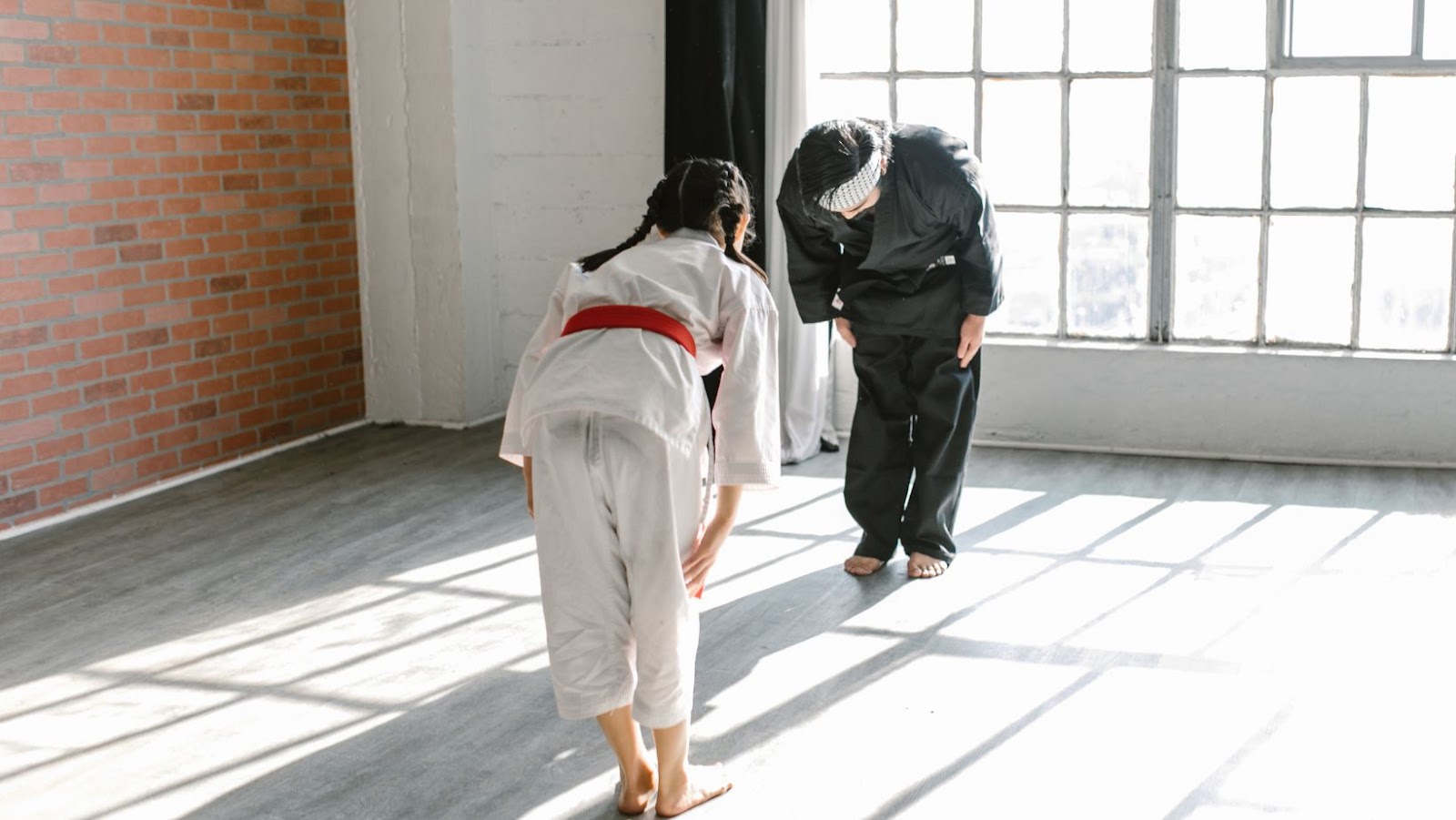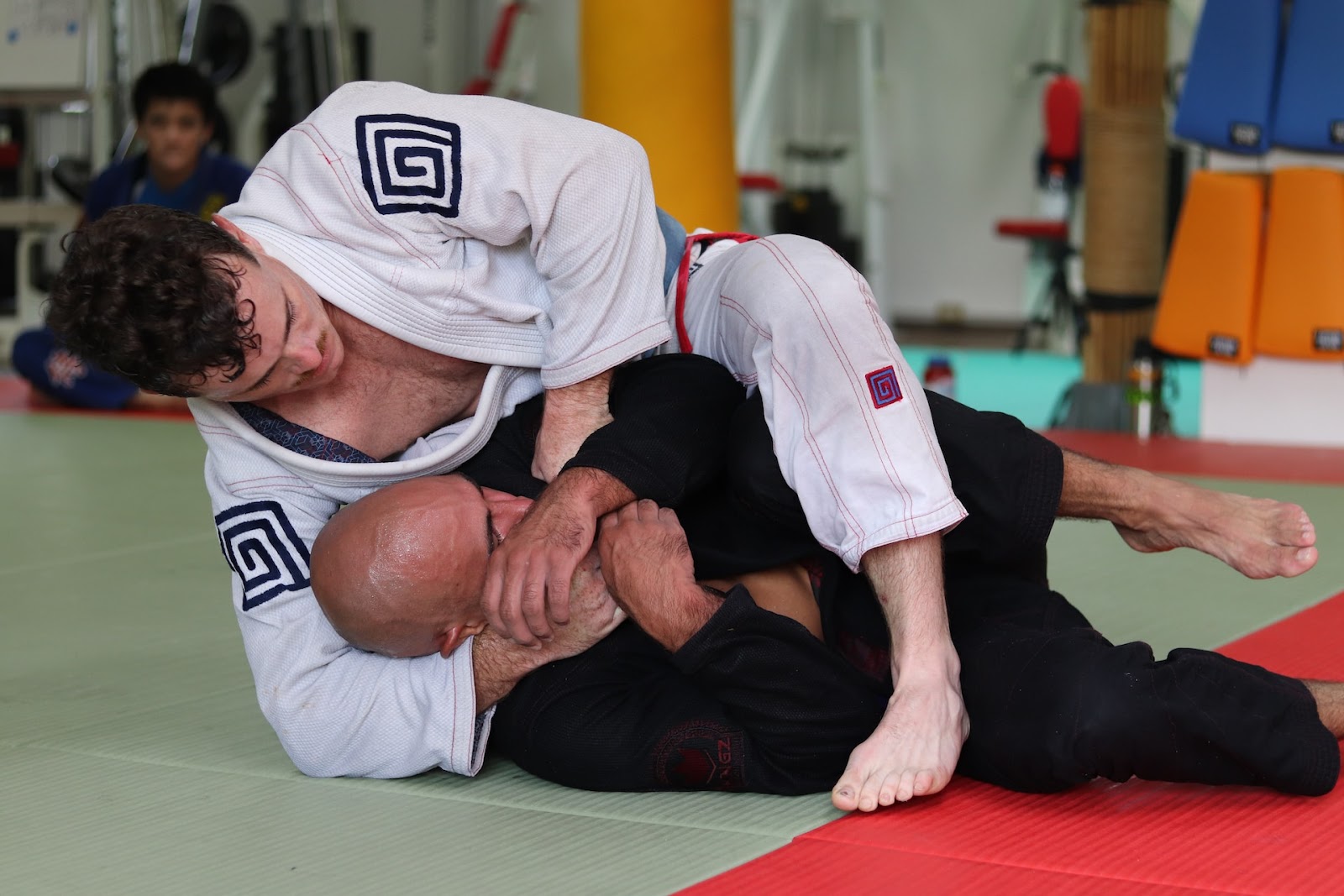Welcome to the Olympics Judo Channel! Here we’ll be providing you with all the latest news, results and highlights from the world of judo. Whether you’re a fan of the sport or just want to stay up to date with the Olympics, we’ve got you covered. So sit back, relax and enjoy the show!
The Olympics
The 2016 Olympics will be aired on a variety of NBC channels, including NBC, NBCSN, Bravo, and USA Network. Check your local listings for specific Olympic programming in your area.
Judo
Judo is a modern martial art, combat sport, and Olympic sport originating from Japan. The main objective of judo is to throw or takedown an opponent to the ground, immobilize or otherwise subdue an opponent with a pin, or force an opponent to submit with a joint lock or a choke. Strikes and thrusts by hands and feet as well as weapons defenses are a part of judo, but only in pre-arranged forms (kata) and are not allowed in judo competition or free practice (randori). A judo practitioner is called a judoka.
Is Olympics Judo on
Olympics judo will be broadcast on NBC and its various channels, including NBC Sports, USA Network, and CNBC.
The Benefits of Judo
There are many benefits to Judo, both physical and mental. Judo can help to improve your fitness, coordination and balance, as well as your strength and flexibility. It is also an excellent way to learn self-defense. Judo can also be a great way to make new friends and meet people from all over the world.

The History of Judo
Judo is a modern Japanese martial art and combat sport that originated in Japan in the late 19th century. Its most prominent feature is its competitive element, where the objective is either to throw or takedown an opponent to the ground, immobilize or otherwise subdue an opponent with a pin, or force an opponent to submit with a joint lock or a choke. Strikes and thrusts by hands and feet as well as weapons defenses are a part of judo, but only in pre-arranged forms (kata, 形) and are not allowed in judo competition or free practice (randori, 乱取り). A judo practitioner is called a judoka.

The philosophy and subsequent pedagogy developed for judo became the model for other modern Japanese martial arts that developed from koryū (古流?, traditional schools). The worldwide spread of judo has led to the development of a number of offshoots such as Sambo and Brazilian jiu-jitsu. Judo was created as a physical, mental and moral pedagogy in 1882 by Kanō Jigorō (嘉納治五郎?). It is generally categorized as a modern Japanese martial art, which has since evolved into a combat and Olympic sport. Its most prominent feature is its competitive element, where the objective is either to throw one’s opponent to the ground, immobilize or otherwise subdue one’s opponent with a pinning maneuver, force one’s opponent to submit with a joint lock or choke hold, or knock out one’s opponent with a striking move. Sparring (randori) is not permitted in judo competitions; while mixed martial arts competitions do allow it. Judoka also train for purposes other than competition such as self-defense techniques (tachi-waza), throwing techniques (nage-waza) formal exercises known as kata(形), randori(乱取り); randori no kata(乱取りの形), nage no kata(投げの形) among others including methods used by police forces around the globe like Taiho Jutsu(体投げ術?).
The Different Types of Judo
There are many different types of judo, with each one having its own set of rules and regulations. The most common type of judo is the Olympic sport, which is governed by the International Judo Federation (IJF). Other types of judo include:
- Freestyle judo: This is a form of judo that is not governed by the IJF, and as such, there are no weight divisions or time limits. This makes it a popular choice for mixed martial arts (MMA) fighters.
- Gymnastic judo: This type of judo focuses on throws and takedowns, rather than submissions. It is often practised in gymnastics clubs and schools.
- combat sambo: A Russian martial art that includes throws and takedowns from both judo and wrestling.
- Jujutsu: The parent martial art of judo, from which it originated in the late 19th century. Jujutsu means “gentle hand”, and focuses on using an opponent’s own momentum against them, as well as joint locks and chokeholds.
